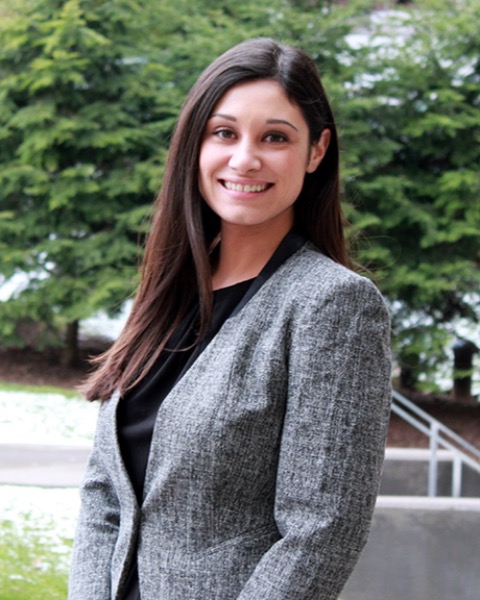Addictive Behaviors
Preliminary Outcomes of a Stand-Alone Rapid Access DBT Skills Group for People in Treatment for Co-Occurring Substance Use and Mental Health Issues
(PS1-B26) Preliminary Outcomes of a Stand-alone Rapid Access DBT Skills Group for People in Treatment for Co-occurring Substance Use and Mental Health Issues
- AL
Allison K. Labbe, Ph.D.
Psychologist
Massachusetts General Hospital
Lynn, Massachusetts 
Matthew C. Sullivan, Ph.D.
Psychologist
Massachusetts General Hospital
Boston, Massachusetts
Jacklyn D. Foley, Ph.D.
Staff Psychologist
Massachusetts General Hospital
Boston, Massachusetts- TL
Toby Lynch, Ph.D.
Psychologist
Massachusetts General Hospital
Somerville, Massachusetts 
Vinod Rao, M.D., Ph.D.
Medical Director, West End Clinic
Massachusetts General Hospital
Boston, Massachusetts
Author(s)
Co-Author(s)
Background: Approximately 40-50% of adults with past-year substance use disorder (SUD) concurrently have another mental health condition. Adults with co-occurring substance use and mental health conditions have poorer treatment outcomes and a lower likelihood of completing treatment compared to adults with mental health or SUD alone. Dialectical Behavior Therapy (DBT) is a type of “third wave” CBT that has demonstrated effectiveness across a wide variety of mental health difficulties, including SUDs; however, there is limited research on the feasibility and utility of a stand-alone DBT skills training group.
Purpose: To examine preliminary evidence of the feasibility, acceptability, and clinical outcomes of an abbreviated, stand-alone DBT skills training group for people with co-occurring substance use and mental health issues, Rapid Access DBT for SUD (DBT-S-RA). DBT-S-RA covers the following DBT skills: Core Mindfulness skills, Distress Tolerance – Crisis Survival skills, and Emotion Regulation skills. A course of DBT-S-RA is 26 weekly sessions, each lasting 60 minutes.
Method: From March 2021 – February 2023, patients being treated in an outpatient clinic for individuals with SUDs and co-occurring mental health disorders that enrolled in DBT-S-RA were asked to complete a set of measures pre-post a course of DBT-S-RA. These measures assessed hypothesized treatment mechanisms and included the Brief Addiction Monitor (BAM), the Penn Alcohol and Craving Scale (PCS), DBT Ways of Coping Checklist (WCCL), Difficulties in Emotion Regulation Scale (DERS), Five Facet Mindfulness Questionnaire – Short Form (FFMQ-SF), and the Distress Tolerance Scale (DTS). Summary statistics were calculated. Either Paired Sample T-tests or Wilcoxon Signed-Ranked tests were conducted.
Results: Fourteen people completed pre- and post-group measures. Mean age was 42.6 years (SD=10.2), 6 (42.8%) were male, and 8 (57.1%) reported use in the past 30 days prior to starting the group. The median number of groups attended was 18. Half attended at least 75% of group sessions. All group members reported they thought about the materials, referred to worksheets, and/or practiced the skills between sessions “some of the time” or “very regularly.” All group members reported that DBT skills were “important” or “very important” in supporting their recovery. Analyses found significant pre-post improvements in distress tolerance (p=0.03), emotion regulation (p=0.004), mindfulness facets (acting with awareness, p=0.04; describing, p=0.03; nonreactivity to inner experience, p=0.018), ways of coping (skills use, p=0.008; dysfunctional coping, p=0.011; blaming others, p=0.02), and substance use risk factors (p=0.02). There was a non-significant trend towards reduction in craving (p=0.07). Though not statistically significant, of the 8 patients who reported pre-group use, 4 reported no use and 2 reported reduced use post-group.
Discussion: Results indicate preliminary evidence that the DBT-S-RA skills group is feasible, acceptable, and may improve skills used to manage mood and reduce risk of return to use. Future work will focus on collecting a larger sample to better characterize efficacy of treatment, including moderator and mediator analyses.

